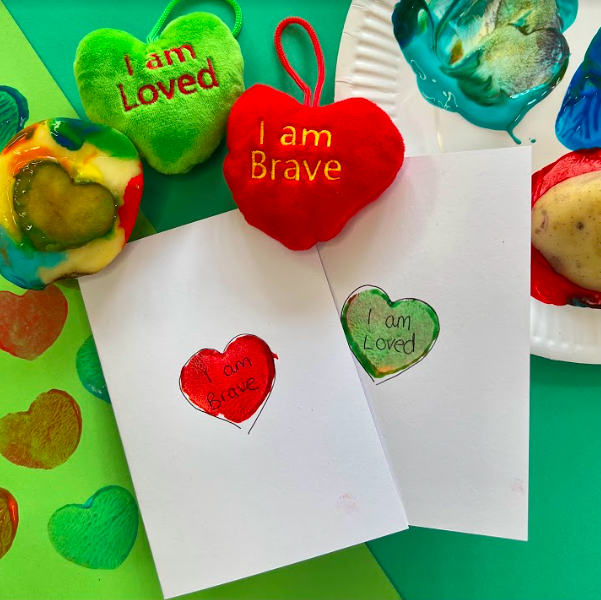Boost your child’s confidence by praising the positive things they do to reward them. When you praise your child for the positive things they do, like helping you, demonstrating independence and problem-solving skills you will boost their confidence. When you praise their acts of kindness towards you and others, you’ll strengthen your relationship, help your child to build relational bonds, and feel good about themselves. All of which will be received as a reward.
Share your positive thoughts and observations of your child with them to help them learn. Praise them for their hard work and the process they go through to achieve things. This will help them to build a positive attitude towards themselves and build their resilience to keep trying. When we focus on the result alone, children can find it hard to deal with failure if they don’t ‘meet the standard’. They also fail to build other skills to support themselves, like trying new ways or involving other people.
The experience a child has, as they learn, will impact their eagerness to try new things. Encourage them to consider different approaches and they will be more open to alternative ways when the first attempt doesn’t work out. As children get older and get things wrong, acknowledge and commend their attempts, then ask them what else they can try.
When we raise children to accept that life is a process involving ups and downs, they will accept failure as a part of their learning and have a more positive outlook. Positivity and a good attitude help build motivation and the resilience to improve, develop and grow. Children with a positive outlook are more likely to see life as a learning process and tackle challenges as they arise.
When your child struggles with the motivation to try things, ask yourself why. Is the pace too fast, are the expectations too high, is the focus wholly on the result? Take a helicopter view of the situation to understand what changes could be made to help them.
Children need to experience failure as a normal part of life. Leaving children to do things and work things out for themselves is also a part of their development. It helps to build a sense of achievement and self-worth. It also prepares them to cope well at school and as an adult when they may not always have someone to guide them. Learning to be independent is just as important as learning specific skills to cope well in the world.
Doing things with your child is rewarding for all of you as it creates a special developmental bond.Whilst independence is important, balancing it with support will make your child feel supported in their growth. They will feel secure in the knowing that someone is there to guide them and catch them when they fall. Forming connections through quality interactions and demonstrating that you accept your child is valuable to any healthy relationship.
Journal your thoughts ………………………………………………………………………………………………………………..
…………………………………………………………………………………………………………………………………………………………………………………………………………………………………………………………………………………………………………………..………..………..………..………..………..………..………..………..………..………..
3 Take aways:
Boost your child’s confidence by praising the positive things they do to reward them.
Share your positive thoughts and observations of your child with them to help them learn.
The experience a child has, as they learn, will impact their eagerness to try new things.
Reflection:
What can you do to notice your child’s progress and share praise with them?




